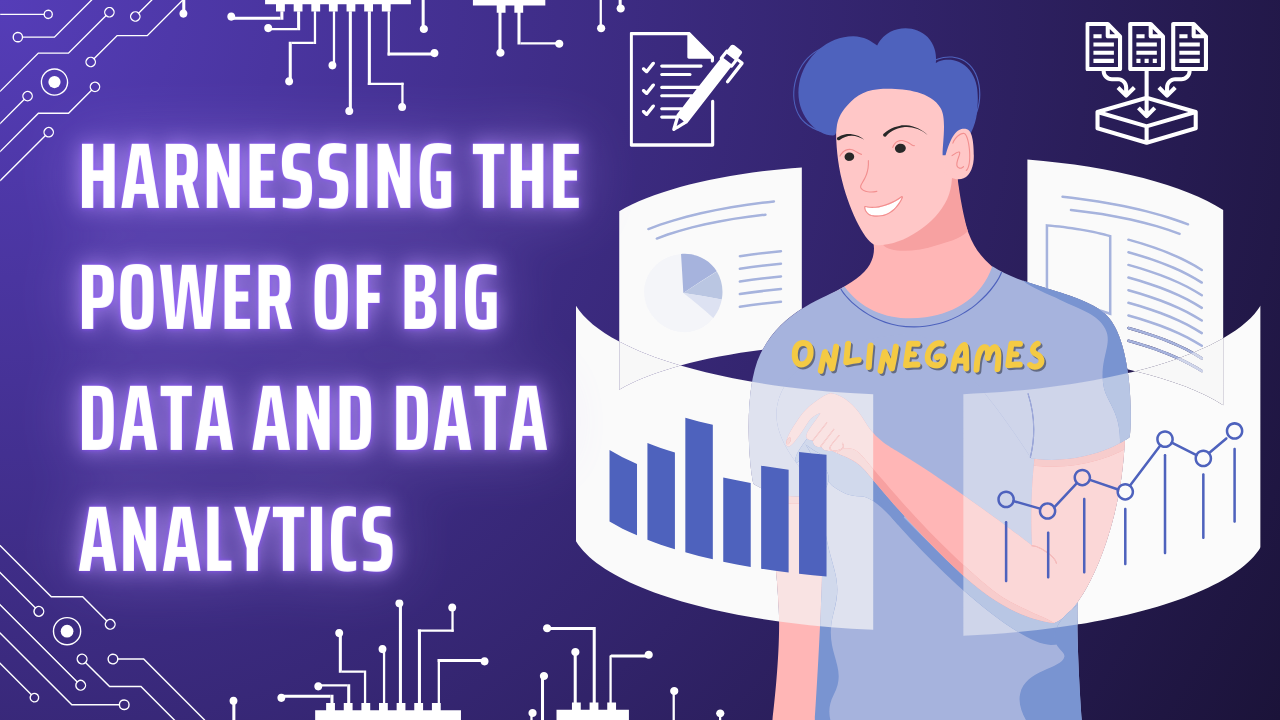In the digital age, big data and data analytics have emerged as transformative forces across industries, revolutionizing how organizations derive insights, make decisions, and drive innovation. Defined by the vast volume, velocity, and variety of data generated daily, big data presents both challenges and opportunities for businesses seeking to harness its potential through advanced analytics.
Understanding Big Data
Big data refers to large datasets that exceed the processing capabilities of traditional database systems. These datasets are characterized by their volume (scale of data), velocity (the speed at which data is generated and processed), and variety (diversity of data types and sources). The sources of big data range from social media interactions and sensor readings to transaction records and multimedia content, creating a rich tapestry of information that can be analyzed to extract valuable insights.
The Role of Data Analytics
Data analytics involves the use of mathematical and statistical techniques to analyze large datasets and uncover meaningful patterns, correlations, and trends. By transforming raw data into actionable insights, organizations can gain a competitive edge, improve decision-making processes, and enhance operational efficiency across various domains.
Applications of Big Data and Data Analytics
1. Business Intelligence and Decision Making
Big data analytics empowers businesses to gain deeper insights into customer behaviours, market trends, and operational performance. By analyzing customer preferences and purchase patterns, organizations can tailor marketing strategies, optimize product offerings, and forecast demand with greater accuracy.
2. Healthcare and Personalized Medicine
In healthcare, big data analytics plays a crucial role in personalized medicine by analyzing patient data such as genetic profiles, medical histories, and lifestyle factors. This enables healthcare providers to customize treatment plans, predict disease risks, and improve patient outcomes through targeted interventions.
3. Finance and Risk Management
Financial institutions leverage big data analytics to detect fraudulent activities, assess credit risks, and optimize investment strategies. Real-time analytics of market trends and economic indicators enable informed decision-making and proactive risk management practices.
4. Smart Cities and Urban Planning
Cities utilize big data analytics to optimize infrastructure management, traffic flow, and resource allocation. Data from IoT sensors, social media platforms, and public services help city planners enhance efficiency, sustainability, and quality of life for residents.
Challenges and Considerations
While big data and data analytics offer significant benefits, organizations must navigate several challenges, including:
- Data Privacy and Security: Safeguarding sensitive information from breaches and unauthorized access.
- Data Quality and Integration: Ensuring accuracy, consistency, and compatibility of diverse datasets.
- Scalability and Infrastructure: Managing the scalability of data storage, processing capabilities, and computational resources.
Future Trends and Innovations
Looking ahead, advancements in technologies such as machine learning, artificial intelligence, and edge computing are poised to further enhance the capabilities of big data analytics. Predictive analytics and real-time decision-making will become increasingly prevalent, enabling proactive responses to emerging trends and opportunities across industries.
big data and data analytics represent a cornerstone of digital transformation, empowering organizations to unlock actionable insights, drive innovation, and achieve sustainable growth in an increasingly data-driven world. By harnessing the power of big data responsibly and strategically, businesses can leverage their data assets to stay ahead of competition and meet evolving customer demands.






